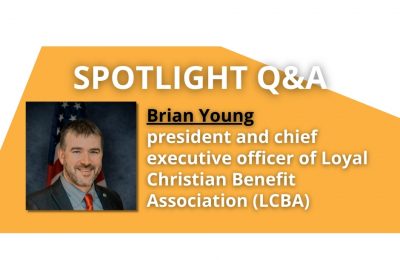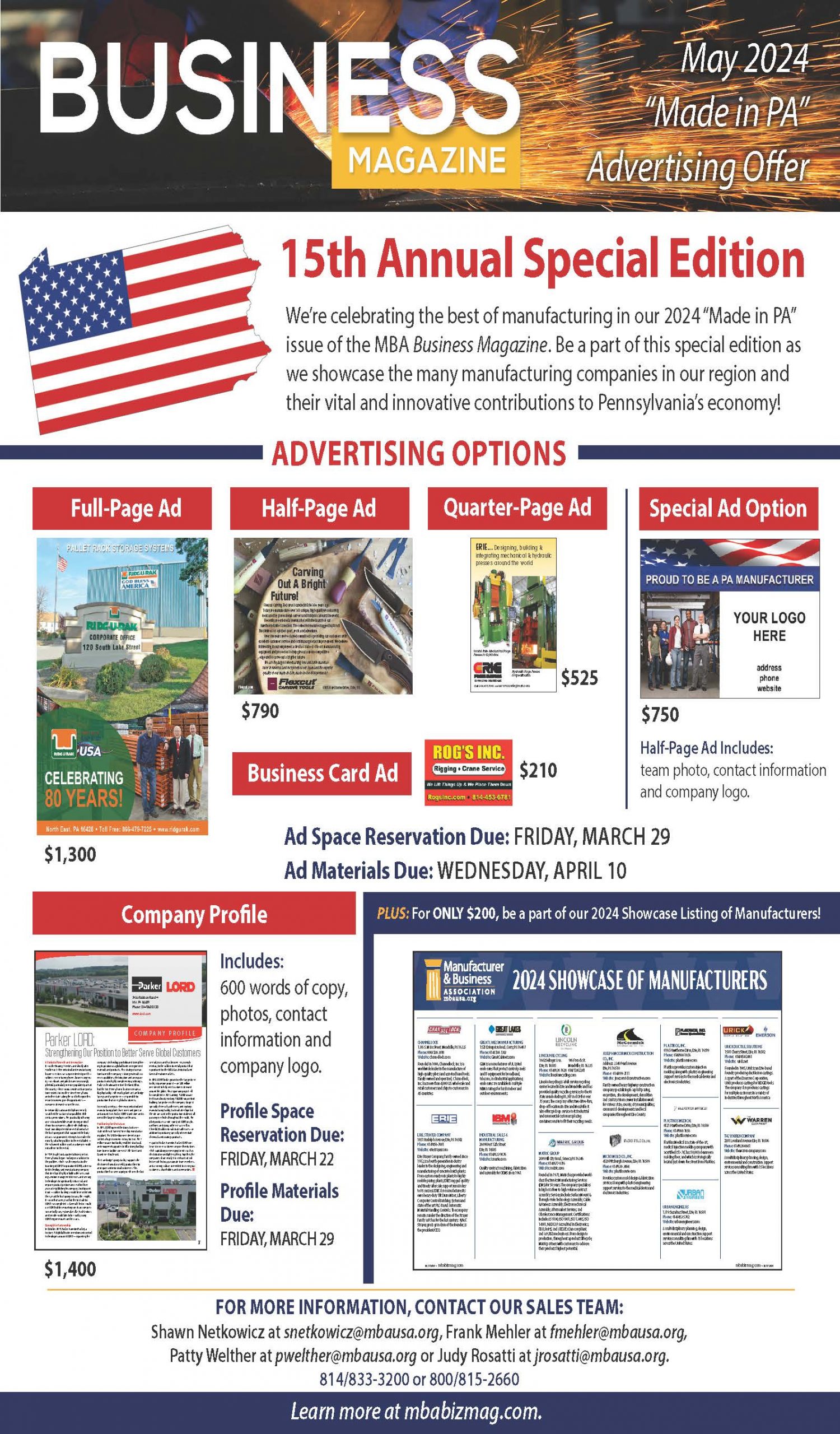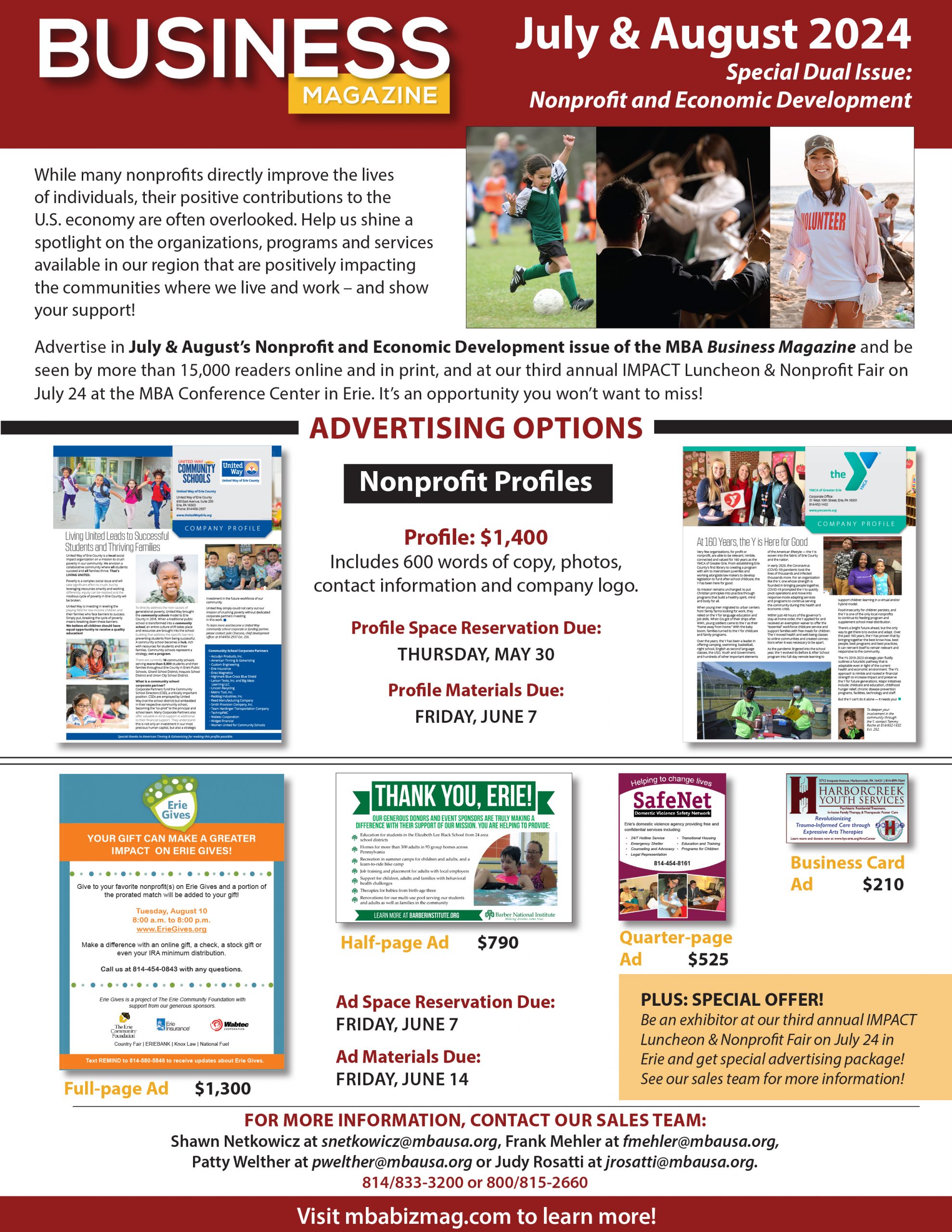According to the National Foundation for Women Legislators, women are the greatest rising force in American politics today. Women currently hold 18 percent of the seats in the 113th Congress. There are 20 women serving in the U.S. Senate and 78 serving in the U.S. House of Representatives. There also are 73 women who hold statewide elective offices, including five state governorships.
Among state legislators, women comprise 24.2 percent of all state legislators nationwide. In Pennsylvania, women make up 17.8 percent of the state legislature. Out of 253 possible seats, there are 45 seats filled by women — 37 in the House and eight in the Senate.
According to state Senator Patricia Vance of the disparity, “One of the largest hurdles to female representation in our legislature is finding candidates and raising money to elect them.”
However, “for the past several years,” notes state Representative Michele Brooks, “the percentage of women in the Pennsylvania General Assembly has increased, which is positive news. We have a number of women from a wide range of backgrounds, which I believe lends itself to a greater perspective on all the different issues we face in Harrisburg. Our challenge is a good one in that we are continuing to expand the number of women in elected office and to serve as role models for future generations.”
These women chair numerous committees, influence policy and understand the importance of building bipartisan coalitions to offer solutions for the nation’s most pressing concerns and ensure widespread change in both thought and policy.
Here, several of these state lawmakers, including Senator Vance and Representative Brooks, explain what they believe are the top business issues for Pennsylvania in 2014.
 State Senator Patricia Vance, R-Cumberland/York
State Senator Patricia Vance, R-Cumberland/York
A top business issue in the coming year will be pensions. This impacts not only the state budget, but also local government, especially school districts. An anticipated state budget shortfall due to costs drivers outstripping projected revenue growth by a more than 2-to-1 margin will make approving a balanced budget difficult.
 State Representative Donna Oberlander, R-Clarion/Armstrong
State Representative Donna Oberlander, R-Clarion/Armstrong
There are three major challenges facing all Pennsylvania employers that are virtually universal. First and foremost, the costs and uncertainty of ObamaCare; second, the unprecedented expansion and increased costs of job-killing regulations; and lastly, the difficulty of attracting and retaining a high-quality work force which, without question, can be directly linked to ObamaCare and ever-increasing government regulations.
Despite these challenges, my commitment to advancing free market economic policies at the state level to keep Clarion and Armstrong counties and the rest of Pennsylvania Open for Business and Job Creation will remain the same in 2014.
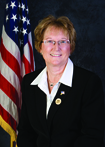 State Representative Kathy L. Rapp, R-Warren/Forest/McKean
State Representative Kathy L. Rapp, R-Warren/Forest/McKean
The top business issues I see as a legislator representing rural Pennsylvania and as a legislator in general are the burdensome regulations, including the permitting process and business taxes in Pennsylvania that stifle job creation. Workers’ compensation and medical costs are also on the increase for businesses. Pension reform, liquor privatization and a fiscally responsible budget for the state with no new taxes are legislative issues that I believe are critical for the General Assembly to address this year.
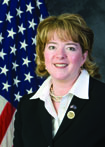 State Representative Michele Brooks, R-Crawford/Mercer/Lawrence
State Representative Michele Brooks, R-Crawford/Mercer/Lawrence
Working with our business community to enhance our jobs climate will continue to be a priority for me in 2014. Pennsylvania and our nation have a strong manufacturing heritage of producing goods used here at home and around the world. I believe in that history and its future.
Eliminating regulatory burdens and removing obstacles like red tape and excessive bureaucracy that job creators face is a key focus for me. Recently, we made strides in eliminating the inheritance tax on family owned businesses, increasing the cap on net operating losses, and improving work-force development programs and initiatives; and I will continue to actively promote and support our manufacturers and businesses as we look ahead to the future.




